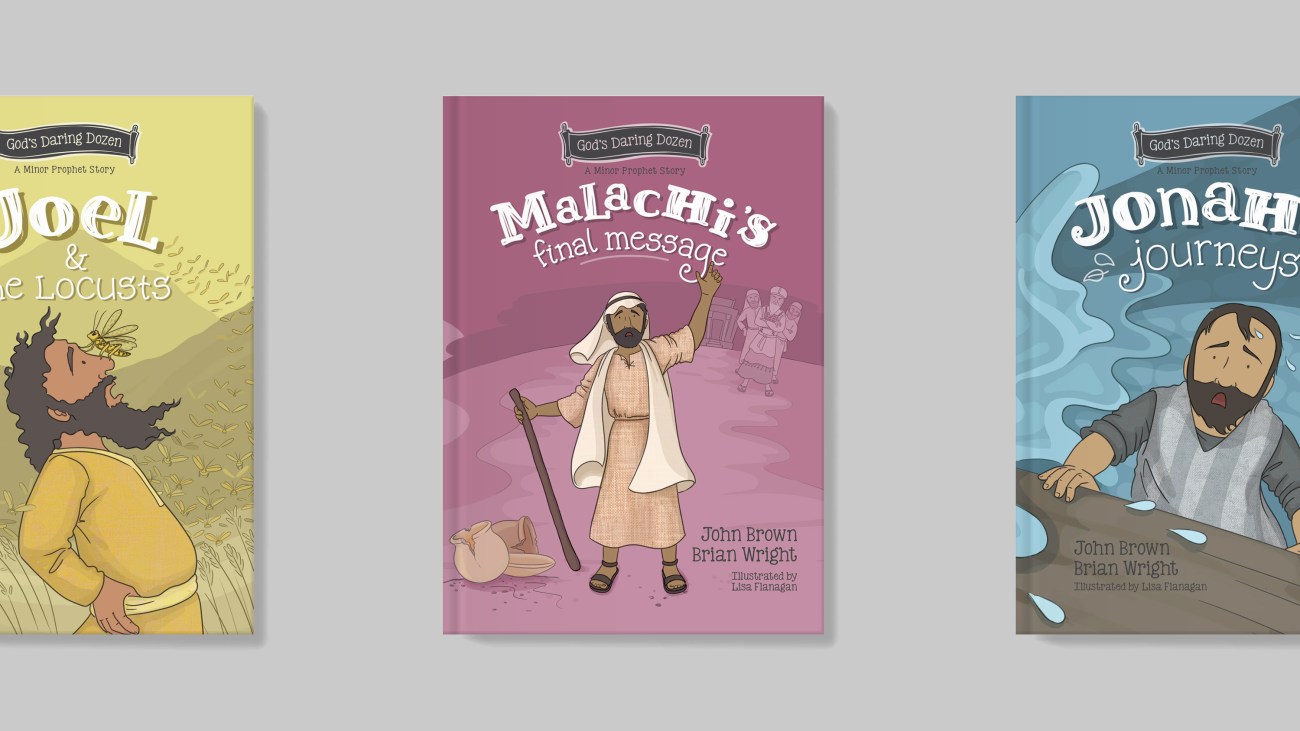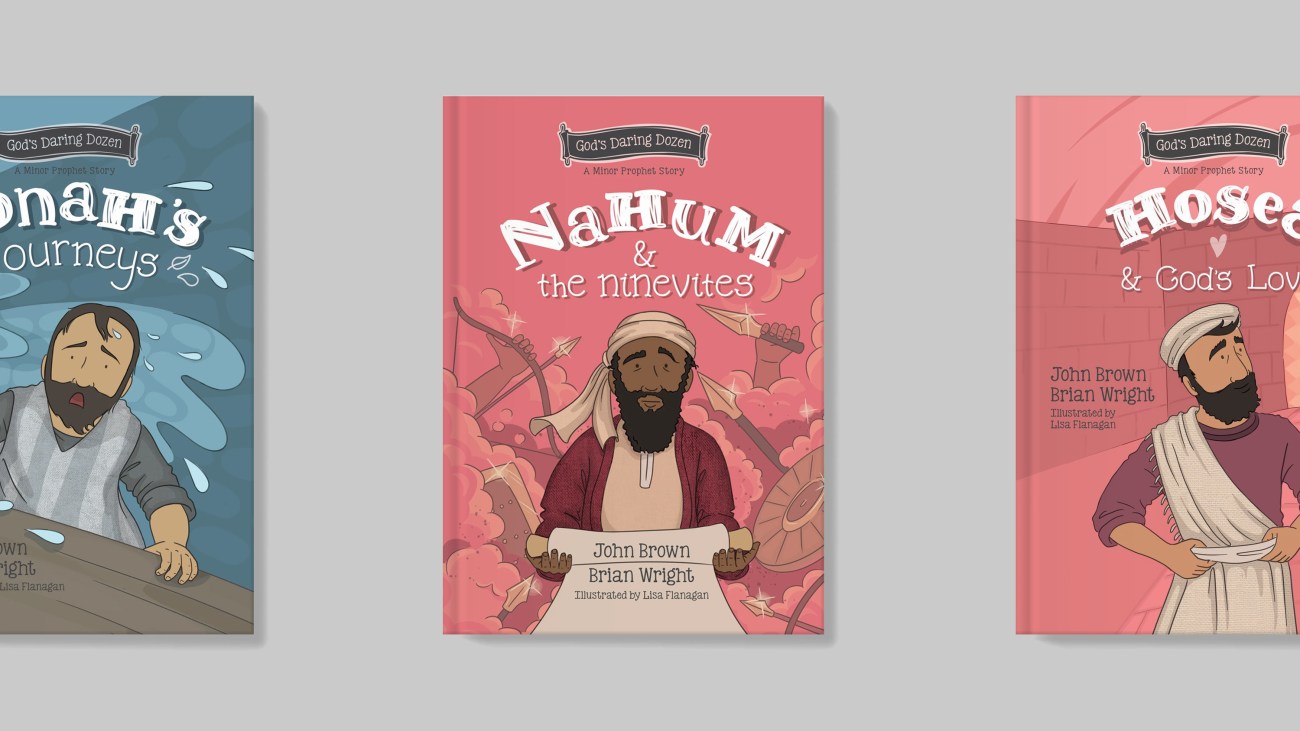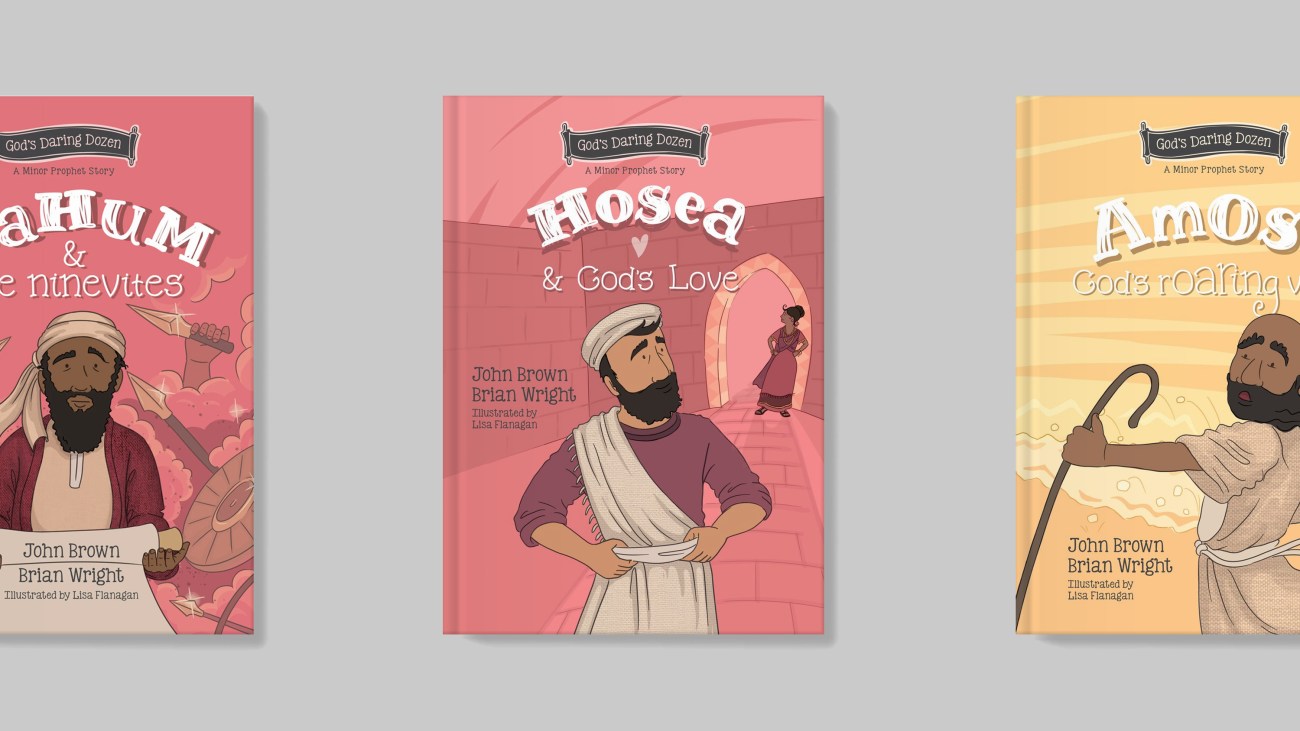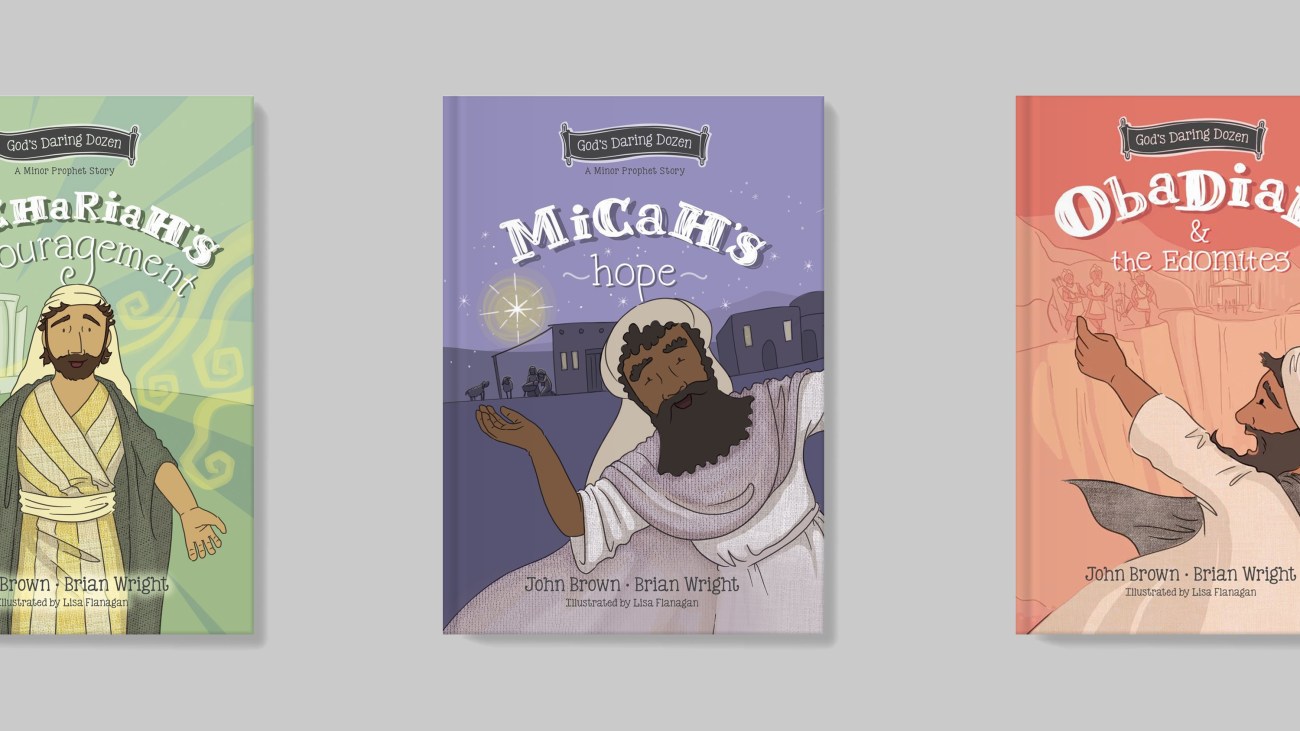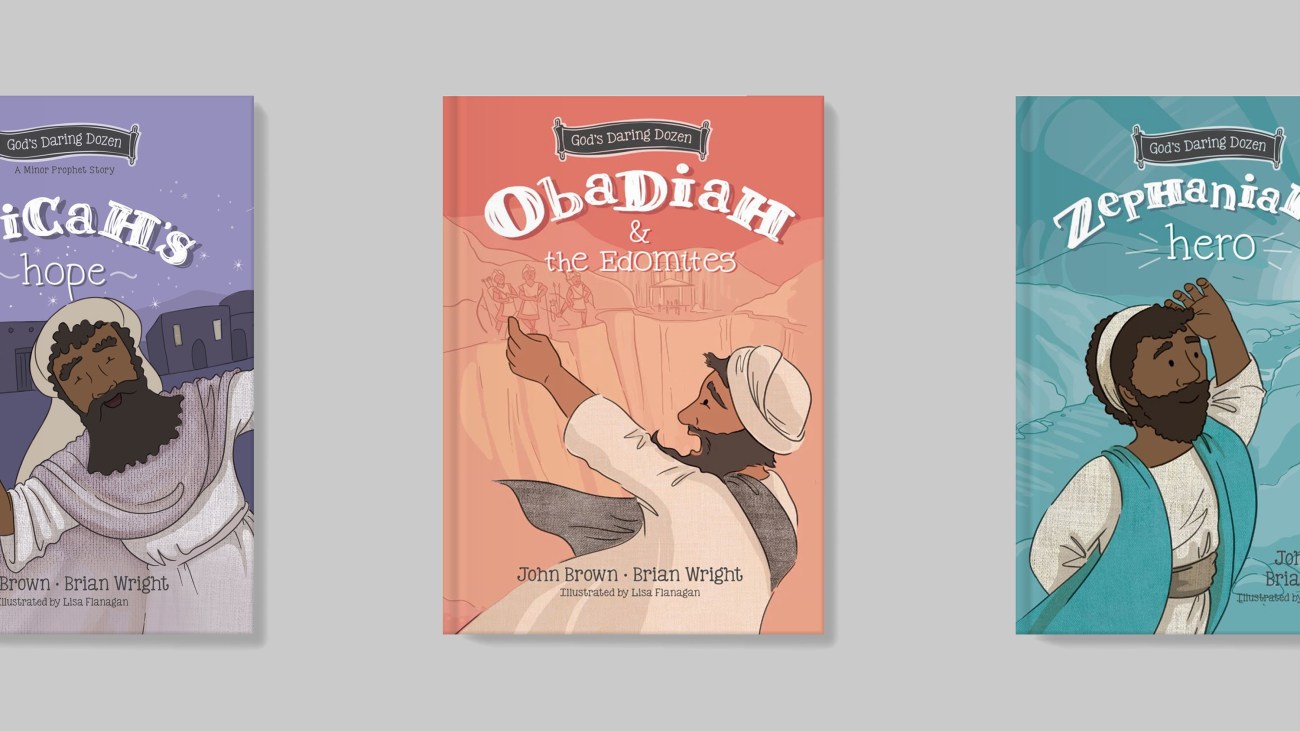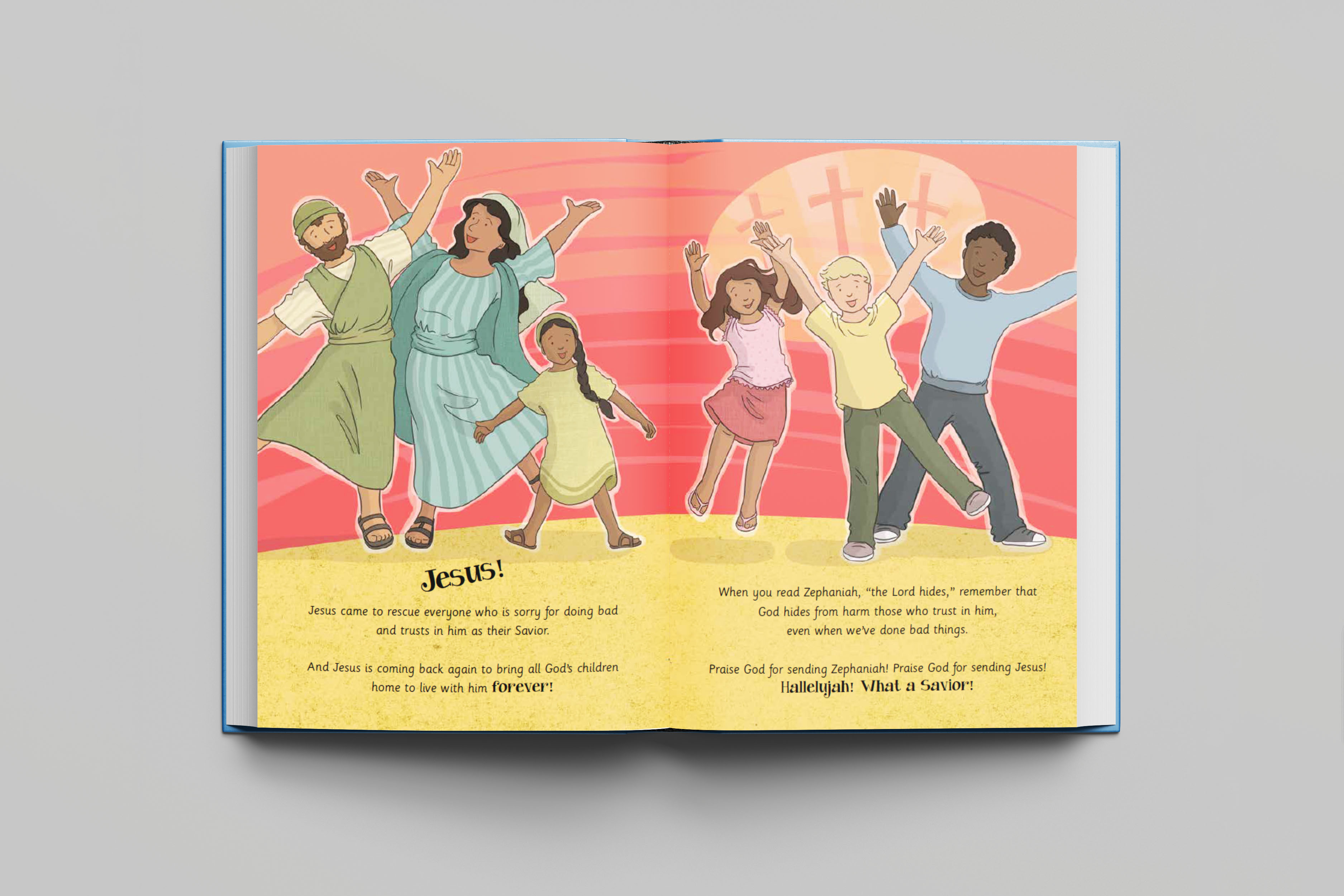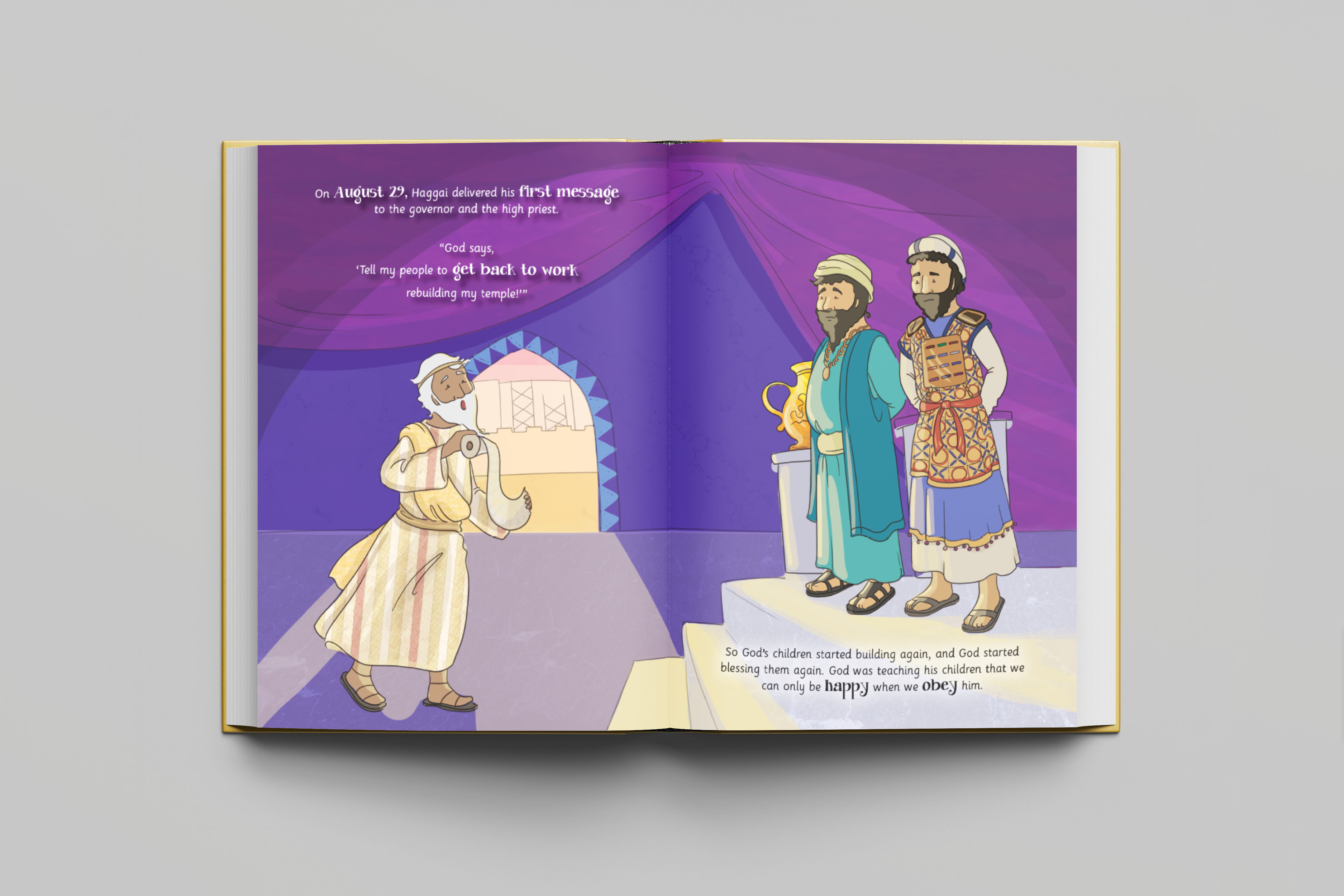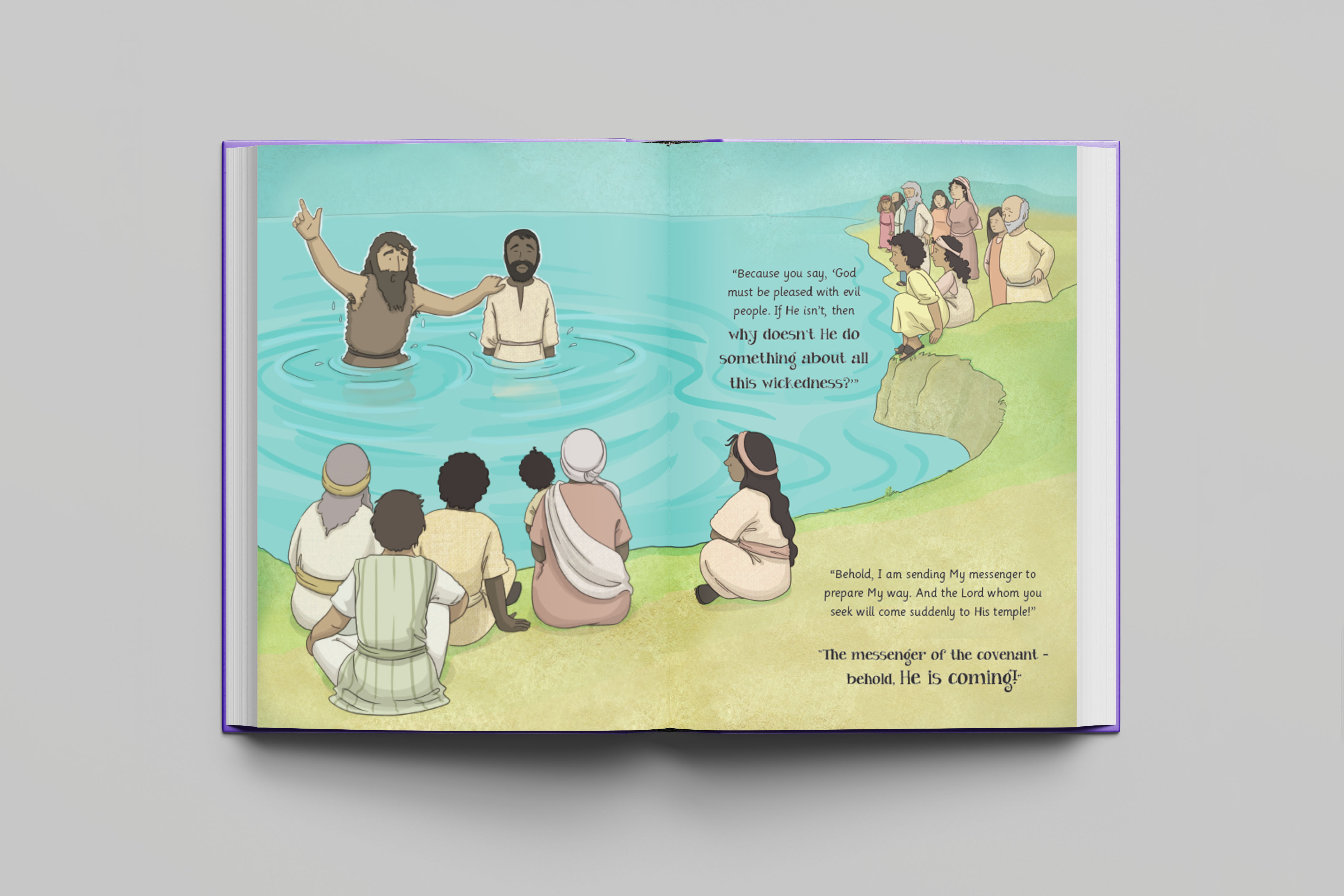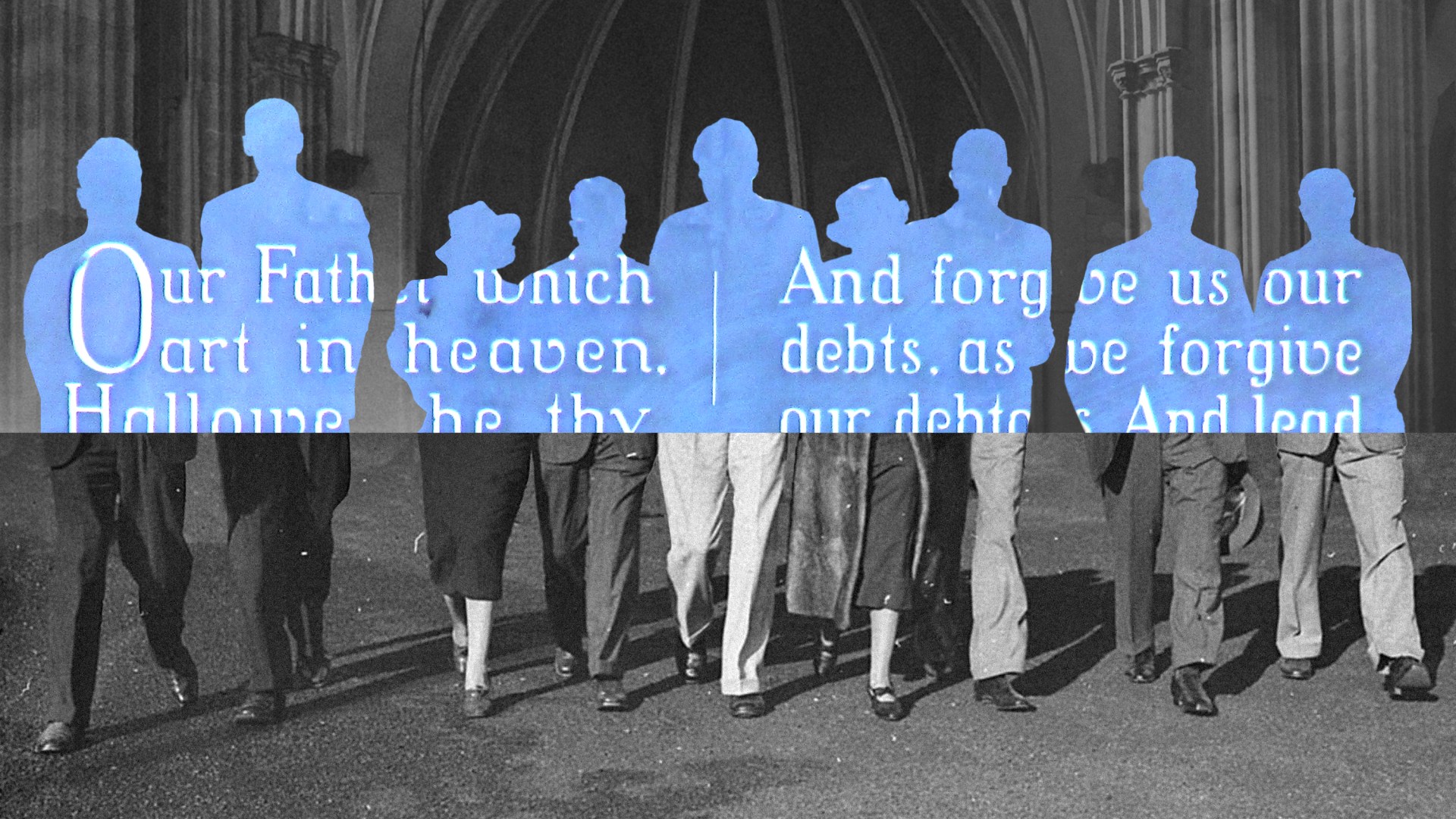A software engineer in Seattle. A cardiologist in London. A professor in Toronto. As Hindu professionals and families increasingly make their homes in Western nations, Christians are rethinking how they share the gospel across cultural boundaries.
By 2050, 4.8 million Hindus will live in the US—making it home to the world’s fifth-largest Hindu population, according to projections by Pew Research Center. North America’s Hindu community is set to grow by 160 percent, 6 times faster than the region’s overall population.
The traditional missionary paradigm of reaching the poor and marginalized doesn’t reflect today’s reality of the Hindu diaspora. Many Hindu immigrants arrive with advanced degrees, successful careers, and deep cultural roots. This shift presents both opportunities and challenges for Western churches, many of which have limited experience engaging with Hindu communities.
“It is time for us to think of the Hindu Diaspora differently,” wrote Ashok Kumar, coeditor of the newly released book Sharing Jesus with Hindus: Global Witness to Hindu Diaspora. “We need to disciple and mobilize Christians globally to engage the Hindu Diaspora for a credible and sustained Christian witness.”
The book brings together the voices of experienced ministry leaders and cross-cultural practitioners from around the world, including several from Hindu backgrounds. These leaders offer insights on building meaningful relationships while respecting cultural sensitivities, interfaith dialogue, pastoral issues, and contextualized worship.
CT reached out to six contributors of Sharing Jesus with Hindus living in India and abroad and asked them to explain the dos and don’ts of engaging Hindus. Under their names we listed the title of the chapter they wrote in the book. Answers have been edited and shortened for clarity.
P. T. Subrahmanyan
Faculty, India Bible College and Seminary, India
“Dealing with Family after Conversion”
Religious conversion from Hinduism to Christianity in India often leads to three main challenges. First, converts face family rejection, as Hindu families may disown them, viewing their conversion as a rejection of family values and tradition. Second, new believers face social stigma, especially in rural areas. Urban areas tend to be somewhat more tolerant.
Finally, converts face cultural isolation as they become disconnected from their Hindu cultural roots. As their participation shifts to church activities, they lose connection with Hindu community events and festivals, leading to the community labeling them “outsiders.”
Many churches around the world desire new members but are rarely concerned about the complexities of conversion and the challenges that a new believer faces. Converts of Hinduism struggle with a complex dual identity, as they deal with both their old Hindu world as well as their new Christian world. The transition is not smooth or quick; often, this process can take several months or even several years.
Anil Yesudas
Pastor, Gyan Ratna Mandir, US
“Christocentric Satsang: Contextualized Worship for Hindus”
Christians should make genuine, lifelong friendships with their Hindu neighbors. We should continue the friendships even if our neighbors seem to reject Lord Shri Jesus (Shri is a title of respect). There are certain seasons of life when they may be more open for spiritual conversation. We cannot give the message of eternal salvation while at the same time not having time to live our lives with our Hindu friends.
Unlike Westerners, Hindus are open to prayer because culturally they are spiritually minded. As the Spirit leads, ask if they would want you to pray for them. These prayers should be done privately. Keep prayers short and avoid preaching to them during the prayer.
Use vocabulary that is familiar and understandable to Hindus. Do not use words that are only understood within Christian circles.
The Bible speaks of a personal God and a personal salvation. To those who have not yet surrendered their life to Lord Shri Jesus, we cannot communicate a personal God through impersonal modes of communication. Face-to-face communication must be the primary mode to transmit biblical information. Print media must be secondary. Do not impersonally mass-distribute the Bible but do use opportunities to gift a Bible in the context of genuine friendships.
In general, Hindus are oral-aural people, whereas the Western culture is typographic. The best way to communicate to Hindus is by personal impartation of information through storytelling, proverbs, poetry, drama, dance, and other forms of arts in the context of worship and celebration.
Do not be in a hurry to communicate. Two thousand years ago, Jesus said that he is coming “soon.” So, we should have an intergenerational approach to communication. You might share the gospel with a family, and the parents might not believe during their lifetime, but their children might show receptiveness.
Kamesh Sankaran
Professor, Whitworth University, US
“Ministering to Hindu Students in Western Universities”
Most international students from India, as well as second-generation Indian Americans at Western universities, have a Hindu background. These students have very little knowledge of Jesus or the gospel.
Christians engaging with this audience should be cognizant of two challenges. First, we must see how cultural Christianity in Western culture obfuscates the gospel by replacing relationship with Christ with rituals, replacing the grace of God with morality, replacing spirituality with societal norms, and replacing the costly gospel with comfort. Owning these misrepresentations is necessary for us to accurately represent Christ.
Second, we must know how Hindu theology shapes the minds and hearts of its followers. In addition to the perceived threat to one’s culture, Hindus have a built-in resistance to consider alternative theological ideas out of fear of losing their religious heritage. Yet given the complexity of Hindu theology and the enormous variations in the practice of Hinduism, it is best to hold these insights on Hindu theology and beliefs loosely and to hold on to God’s call to make disciples tightly.
Atul Y. Aghamkar
Director, National Center for Urban Transformation, India
“Witnessing to the Hindu Diaspora in North America”
Hindus are not a homogenous group but are divided into several castes, regions, languages, and socioeconomic levels. Most Hindus in the US comprise the upper and middle caste segments, and many are in high positions in various professions.
Most Hindus are quite strongly bound to their family, caste, and community. They are also conscious of their shame and honor culture. Therefore, approaching them as a family or community unit is the best way to reach them, as witnessing to individuals is often perceived as breaking up the family.
Introducing Hindus to Jesus, his unique teachings, and his miraculous powers is more convincing than preaching alone. Great leaders like Mohandas “Mahatma” Gandhi, Vinoba Bhave (Indian philosopher), and Swami Vivekananda (Indian monk and philosopher) were also very attracted to selective teachings of Jesus Christ but did not believe. Meanwhile when a person experiences Jesus’ healing personally, they are more likely to be attached to the person of Jesus Christ.
There are certain things that Christians should not do when reaching out to Hindus. Direct evangelism is often looked down upon by most Hindus. Instead, Christians can arrange public meetings to discuss global, Indian, and local matters and can invite prominent Indian leaders and Christian thinkers to share their views. This may open doors for deeper engagement with the Hindu community.
Don’t invite any interested Hindu to a church service initially, as Hindus perceive church as Christian turf and normally avoid it. Moreover, most church services are meant for Christians and do not make sense to them. Instead, Christians can organize community events like food festivals and Indian music concerts in neutral places like parks, hotels, and even the courtyards of homes.
Mark E. Sudhir
Missionary and church planter among the Hindu Sindhi and Sikh Punjabi people groups, Philippines
“Ministry among the Indian Diaspora in the Philippines”
Hindus in the Philippines are categorized in three different groups. The first one includes those who have been here in the Philippines since World War II and the partition of India. They are very few in number now. The second group includes the second-, third-, and fourth-generation descendants of those families, who were born and brought up here and think like Filipinos. The third category of Hindus consists of those who have come here in the past five to ten years.
Though these three categories are different in their lifestyles, Christians should take the same steps to engage with them to bring the gospel. It’s essential to respect their beliefs and culture, pray for and with them (if they’re comfortable), and care for them as challenges arise in their life.
We witness about Christ through the way we live our lives and by sharing our testimonies without disparaging their beliefs. It’s also important to emphasize to Hindus the unique forgiveness found in Jesus and to present Jesus as the creator God, sovereign over everything in creation. This establishes Jesus’ unique authority and identity beyond being just another spiritual teacher or divine manifestation.
At the same time, while talking with Hindus, Christians should remember not to make comparisons between the two religions or to rush Hindus to decide to accept Jesus.
It’s better not to inquire about their caste, as that might send the wrong message that Christians are interested in caste hierarchy. Practically, Christians should serve vegetarian food when hosting them and should avoid eating meat in their presence. Most important, Christians should never enter their homes or temples without spiritual preparation.
Krishna Ramsundar
Adjunct professor, Pentecostal Theological Seminary, US
“Ministry among Hindus in the Caribbean”
Between 1838 and 1924, more than half a million Indians arrived in the Caribbean as indentured laborers, primarily settling in Guyana, Trinidad and Tobago, and Jamaica. They brought with them their Hindu traditions, creating vibrant communities that adapted to their new homes while maintaining aspects of their cultural heritage.
The story in Joshua 4:14–24 provides a model for evangelism with Caribbean Hindus. Meaningful experiences can serve as natural bridges for sharing the gospel message. Just as the Israelites used the stones from the Jordan River as a conversation starter to tell future generations about God’s faithfulness, personal testimonies can create opportunities to discuss spiritual truths with those who don’t yet follow Christ.
In Caribbean Hindu communities, supernatural experiences often create pathways for sharing the Christian message. Just as Jesus’ miracles were intended to reveal God’s nature and authority, contemporary miraculous events can guide people toward the Christian faith. Large evangelistic gatherings are particularly impactful when they include demonstrations of divine power, such as healing, deliverance, and other supernatural occurrences. These manifestations serve to illustrate God’s desire for a personal relationship with individuals through salvation.
While ministering to the Hindus in the Caribbean, it is important not to come across as proselytizers. Don’t approach nonbelievers with a superiority complex or judgmental attitude. Leading with messages about someone’s “lostness” or need for salvation can be perceived as arrogant and condescending, making genuine connection impossible.
Christians also shouldn’t get drawn into religious debates and confrontations. Heated theological arguments about religious beliefs typically generate more heat than light, leaving both parties frustrated and further apart rather than building understanding or strengthening relationships.














